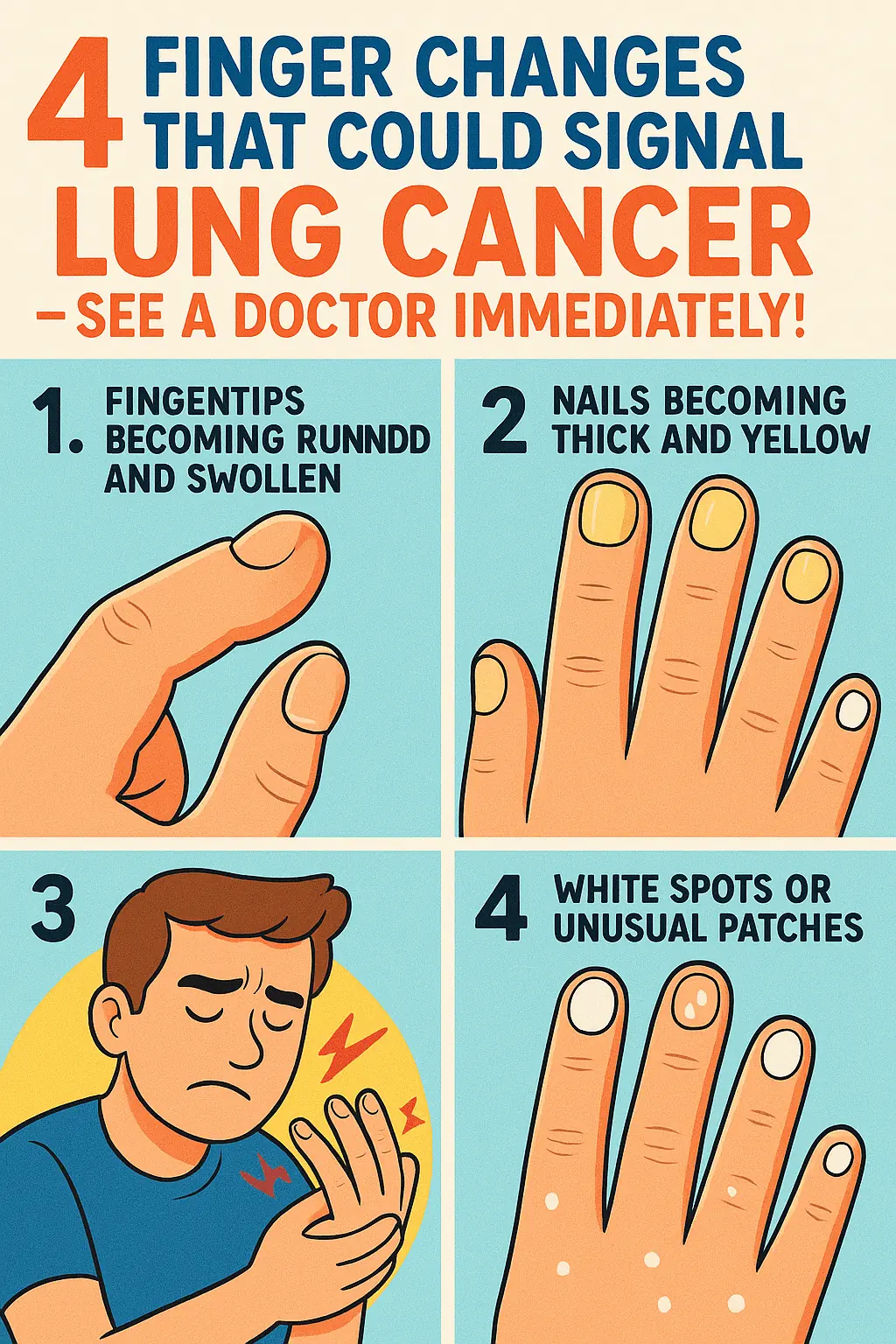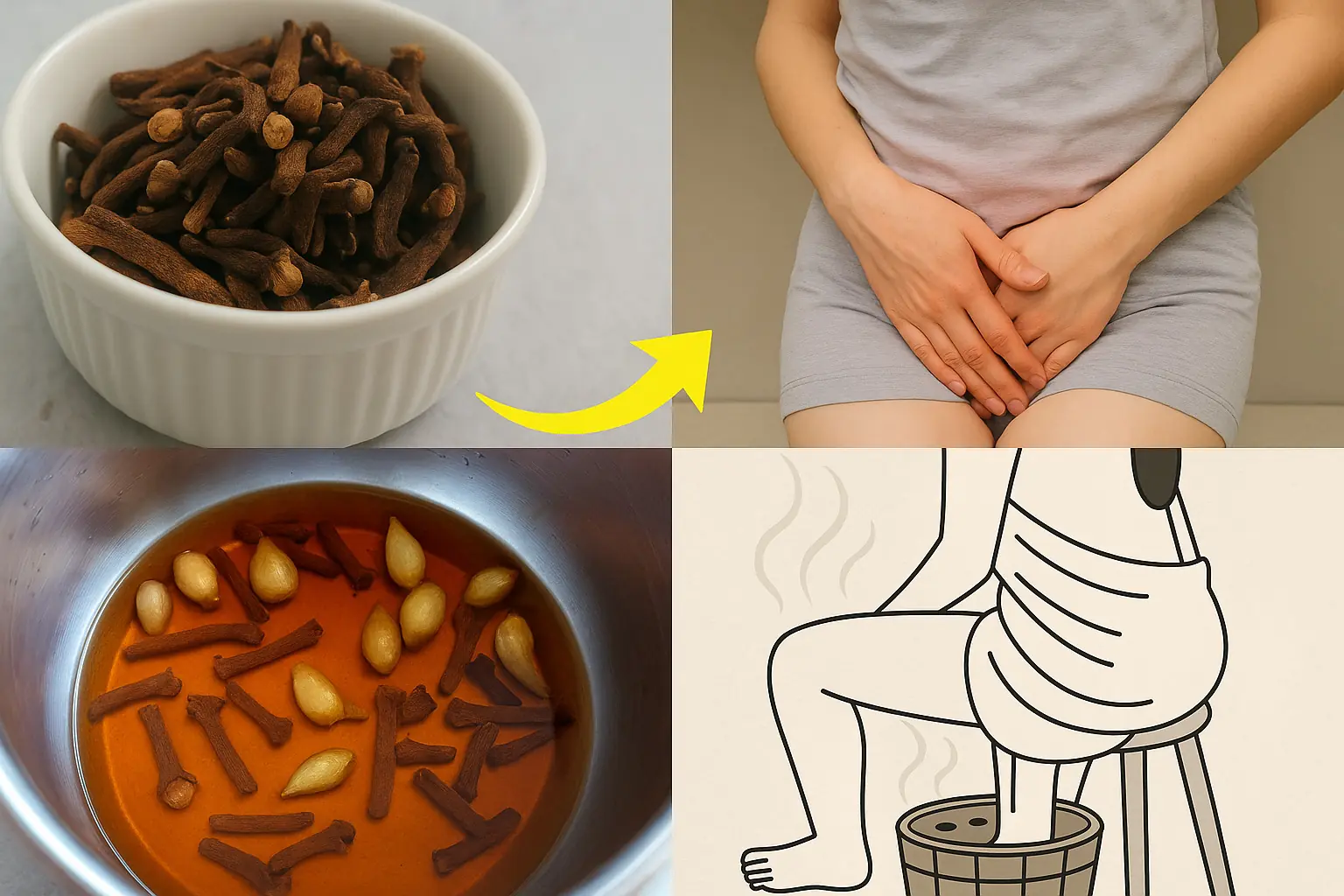When it comes to intimate health, there are many essential practices that are often overlooked. One of them, which may not be widely known, is the importance of urinating after sexual intercourse. This simple yet vital action can be the difference between maintaining good urinary tract health and dealing with unpleasant infections.
Sexual activity is a natural and healthy part of life, but it carries certain health risks, particularly concerning the urethra and bladder. During sex, bacteria can enter the urinary tract, potentially causing urinary tract infections (UTIs) in some people. Urinating after intercourse is one of the best ways to help prevent these infections.
Why urinate after sex?
Urinating after sex helps flush out any potentially harmful bacteria that may have entered the urethra during the act. This is especially important for women, as their urethra is shorter and closer to the anal area, increasing the risk of contamination. By urinating, you can “wash” the urinary passage, reducing the likelihood of bacteria multiplying and causing inflammation or infection.
What is a urinary tract infection?
A urinary tract infection is inflammation in the urinary tract caused by the presence of bacteria. It can affect any part of the urinary system, including the kidneys, ureters, bladder, and urethra. Common symptoms include a burning sensation when urinating, frequent urination, and cloudy urine. If left untreated, a UTI can lead to more serious complications, such as kidney infections.
Other tips to prevent urinary tract infections
In addition to urinating after sex, several other practices can help maintain urinary tract health:
-
Proper hydration: Drinking enough water daily is key to keeping the urinary tract healthy. Adequate hydration helps dilute urine and flush out bacteria.
-
Good personal hygiene: Maintain proper intimate hygiene. Make sure to clean yourself properly before and after sexual activity.
-
Avoid irritants: Products such as scented soaps, vaginal douches, or sprays can irritate the urinary tract. Opt for mild, fragrance-free products.
-
Wear appropriate underwear: Tight clothing can create an environment conducive to bacterial growth. Choose breathable cotton underwear.
Conclusion
In summary, urinating after sexual intercourse is an essential practice for intimate health care. This simple action significantly contributes to preventing urinary tract infections, helping maintain a healthy balance in the urinary system. By adopting this habit along with other hygiene practices, you can enjoy a full and healthy sex life free from complications. Don’t underestimate the importance of taking care of your health—small habits can make a big difference.




































